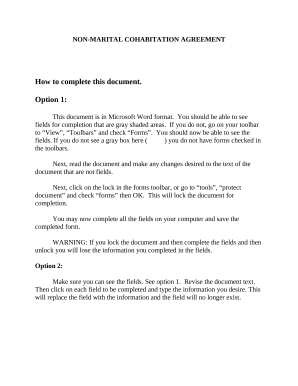
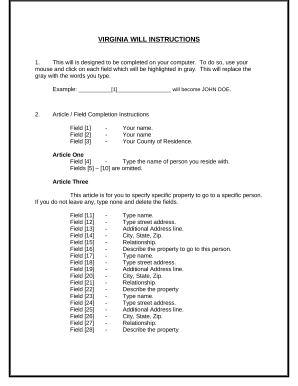
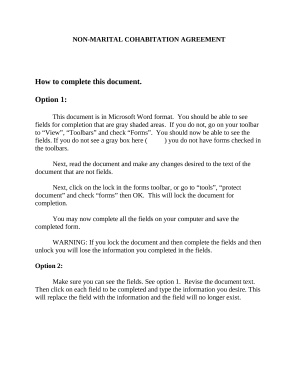
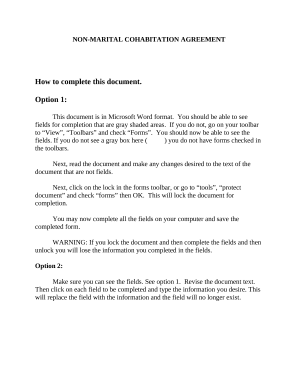
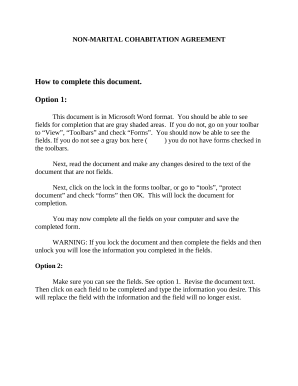
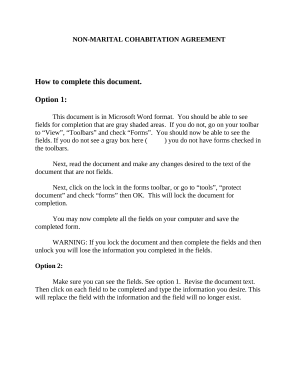
Record management takes up to half of your business hours. With DocHub, you can reclaim your time and increase your team's efficiency. Access Legal Forms for Non-Married Couples category and explore all form templates related to your everyday workflows.
The best way to use Legal Forms for Non-Married Couples:
Boost your everyday document management using our Legal Forms for Non-Married Couples. Get your free DocHub profile right now to explore all templates.